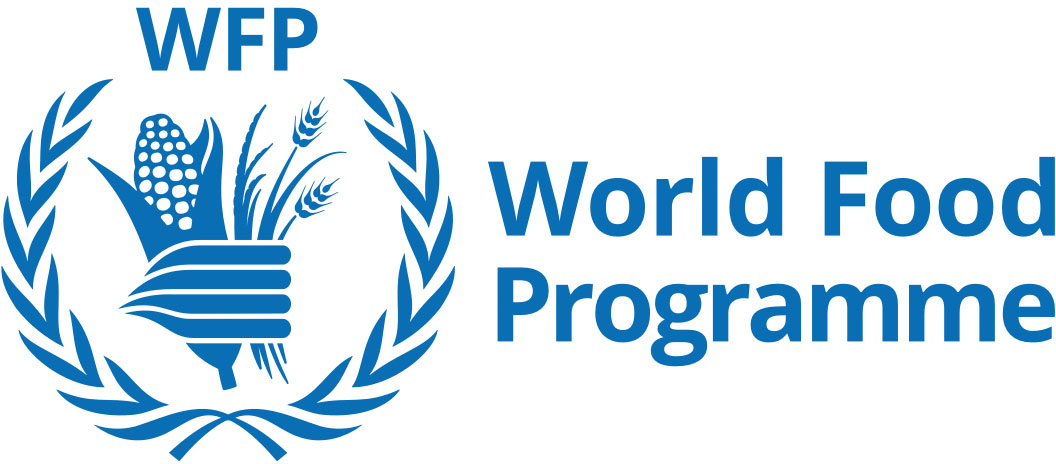If concern over food insecurity in the Caribbean has triggered a region-wide initiative aimed at altering the region’s food security bona fides, a recent report emanating from the World Food Prograqmme points to the fact that the region’s challenge is a microcosm of a wider, and in some instance, a much more acute dilemma associated with food scarcity in other parts of the world. “Conflict, economic shocks, climate extremes and soaring fertilizer prices,” the WFP says, are combining to create what it asserts is “a food crisis of unprecedented proportions. The numbers are mind-boggling.” The WFP says that “as many as 783 million people are facing chronic hunger,” a circumstance in the face of which the global organization says we have a choice to either “act now to save lives and invest in solutions that secure food security, stability and peace for all, or see people around the world facing rising hunger.”
The WFP assessment of the status of global security provides, in a sense, a modest modicum of comfort to a Carib-bean whose food security challenges pale in comparison to the scale of that in other regions of the world. The WFP delivers its services in seventy-eight countries, an authoritative vantage point from which to make a holistic assessment of the scale of the crisis. From that vantage point it describes the year that has just ended as “another year of extreme jeopardy for those struggling to feed their families.” The numbers make the point more clearly. In the seventy-eight (78) countries where it works, more than 333 million people are facing what it describes as “acute levels of food insecurity” and literally “do not know where their next meal is coming from.” These numbers, the WFP says, “Constitutes a staggering rise of almost 200 million people compared to pre-COVID-19 pandemic levels.”
We, in the Caribbean, for all our prevailing food sufficiency challenges, can muster no actual conceptualization of a food security crisis on that scale. One of the critical challenges confronting the FAO in its response to its hunger challenges has to do with the ever present threat of losing greater numbers to hunger on account of cuts in global contributions to reducing the scale of the crisis. From its present vantage point, the organization can do no more than remind the international community of its undertaking to end global hunger and malnutrition by 2030. At this juncture, the WFP is already faced with some stark realities, the most poignant one being that the number of acutely hungry people continue to grow at a pace that funding is unlikely to match. Simultaneously, the cost of delivering food assistance is at an all-time high, globally, because food and fuel prices have increased. The circumstances are stark and unvarnished.
Continually unmet needs heighten the risk of hunger and malnutrition. Unless the necessary resources are made available, lost lives and the reversal of hard-earned development gains will be the price to pay. As is the case here in the Caribbean, the climate crisis is one of the leading causes of the prevailing food security concerns. Here in the region, the climate crisis is one of the leading factors associated with concern over what has already been described as a food security crisis. As in other regions where the WFO serves, climate shocks threaten and (in some instances destroy) agriculture sectors that were already fragile in the first instance leaving their food security at the mercy of the high prices that they must pay for food imports. Global fertilizer prices (which farming in the Caribbean must also face) are climbing even quicker than food prices while the effects of the war in Ukraine, not least higher natural gas prices, have further disrupted global fertilizer production and exports – reducing supplies, raising prices and threatening to reduce harvests.
Indeed, high fertilizer prices threaten to transform the current food affordability crisis into a food availability crisis, with production of several food staples including maize, rice, soybean and wheat all falling in several countries over the past year. Smaller populations and fewer mouths to feed mean that the impact of food insecurity here the Caribbean is nowhere near as poignant as that which obtains in countries where it often seems that the WFP and other support institutions are rowing against an unstoppable tide. That said, the extent of the focus in the region on responding to its food security challenges is reflective of its awareness of a global food security crisis the nature and extent of which we cannot, even at what is regarded as a less than critical stage, ignore.






